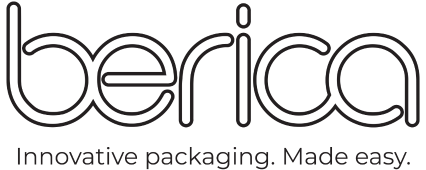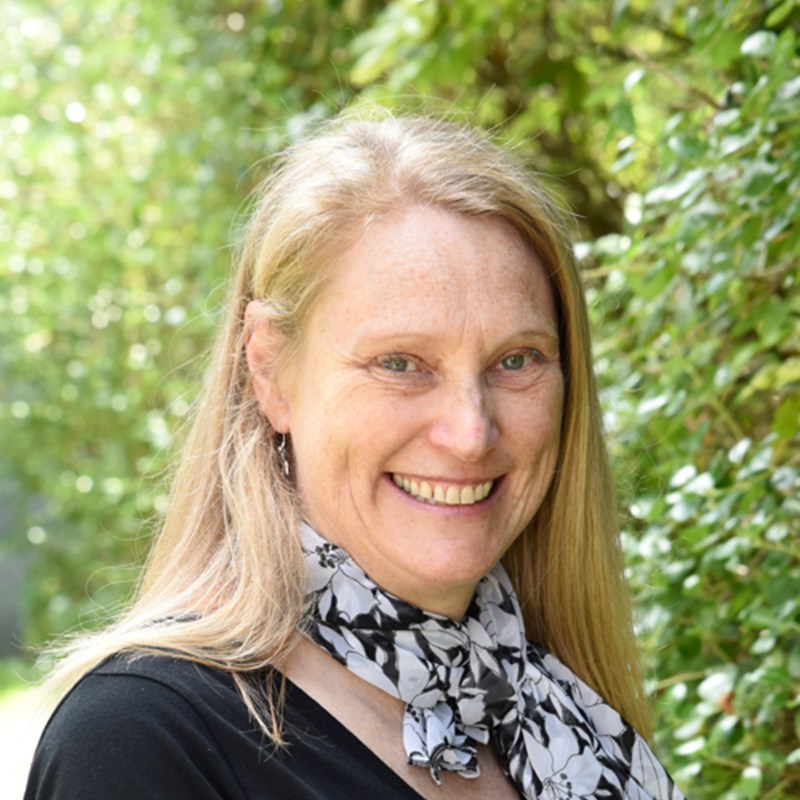Veronica has more than 20 years in senior management roles, leading marketing and sales strategies that include primary care consumables, pharmaceuticals, natural health care supplements, consumer and safety products within B2B and B2C.
Eco-Packaging

November’s COP26 summit has been called ‘the biggest climate moment since the Paris Agreement at COP21 in 2015’ – the historic treaty signed by 196 countries aimed at making changes to keep global warming "well below" 2C above pre-industrial levels.
During the summit, a flurry of announcements will be made around climate change and how nations can do their bit to avoid ‘a climate catastrophe’.
Many of the decisions made in Scotland will have far-reaching consequences on our everyday lives. Certainly, consumers are becoming more discerning and savvy about where they buy from and the brands and products they want to be associated with.
As a result, global brands are reacting: fashion giants Gucci and Burberry are leading the way in the notoriously and distinctly ‘un climate-friendly’ industry world of luxury clothing, removing plastic lamination from their boxes.
Modern food packaging is food safe, shelf-stable and clean. Unfortunately, much is designed to be single use – single plastic bottles take 450 years to biodegrade, according to Protega Global. The idea of producing something that holds a meal for just a few hours but sits in landfill, waterways, oceans and soils for hundreds of years makes no sense in 2021.
And top of the list for us is what’s happening in the food industry and what it is doing to lessen its impact – Kellogg’s have pledged to bring 100% reusable, recyclable or compostable packaging to our breakfast tables by 2025, while our NeverLeak Takeaway Collection is the only recyclable and compostable paperboard packaging currently available in New Zealand, designed to bring a restaurant experience to customers’ homes. But, it doesn’t stop there after the “at home” experience, customers’ can nourish the earth by composting or recycling.
The UK throws away billions of disposable food containers, plastic cutlery, drinking straws, produce bags each year, according to Eunomia for Friends of the Earth, but consumers are showing a greater desire to explore greener options, including paper straws, wooden coffee stirrers and paper cups.
Closer to home, packaging is the most significant contributor to waste, with around 352 thousand tonnes going to landfills each year according to the Packaging Council of NZ. Only 58% is recycled, while out of the millions of tons of solid waste produced by the US, 63% comes from packaging materials.
The New Zealand Government is moving to ban PET meat trays and polystyrene takeaway containers by mid-2025 through a phase-out programme starting in late 2022.
Sustainable food packaging that is recyclable and compostable completes the green circle between production and consumerism. At the front end, it can take less energy for manufactures to produce paperboard packaging than the plastic alternative, so the manufacturing process tends to be more efficient, minimising the negative impact businesses have on the environment while items packaged using lighter-weight materials saves on freight costs, for example.
The end of the COP26 summit in mid-November is really just the beginning in the drive to make food packaging the greenest it can be, with Berica at the forefront of the global challenge.
Want to know more about NeverLeak Click?
At Berica, we’re putting the ‘box’ in out-of-the-box! We provide elegant, sustainable packaging that delight the eye and add value to your amazing food. All of our materials are either recyclable or compostable so the options are endless when it comes to strong and sturdy packaging designs.

